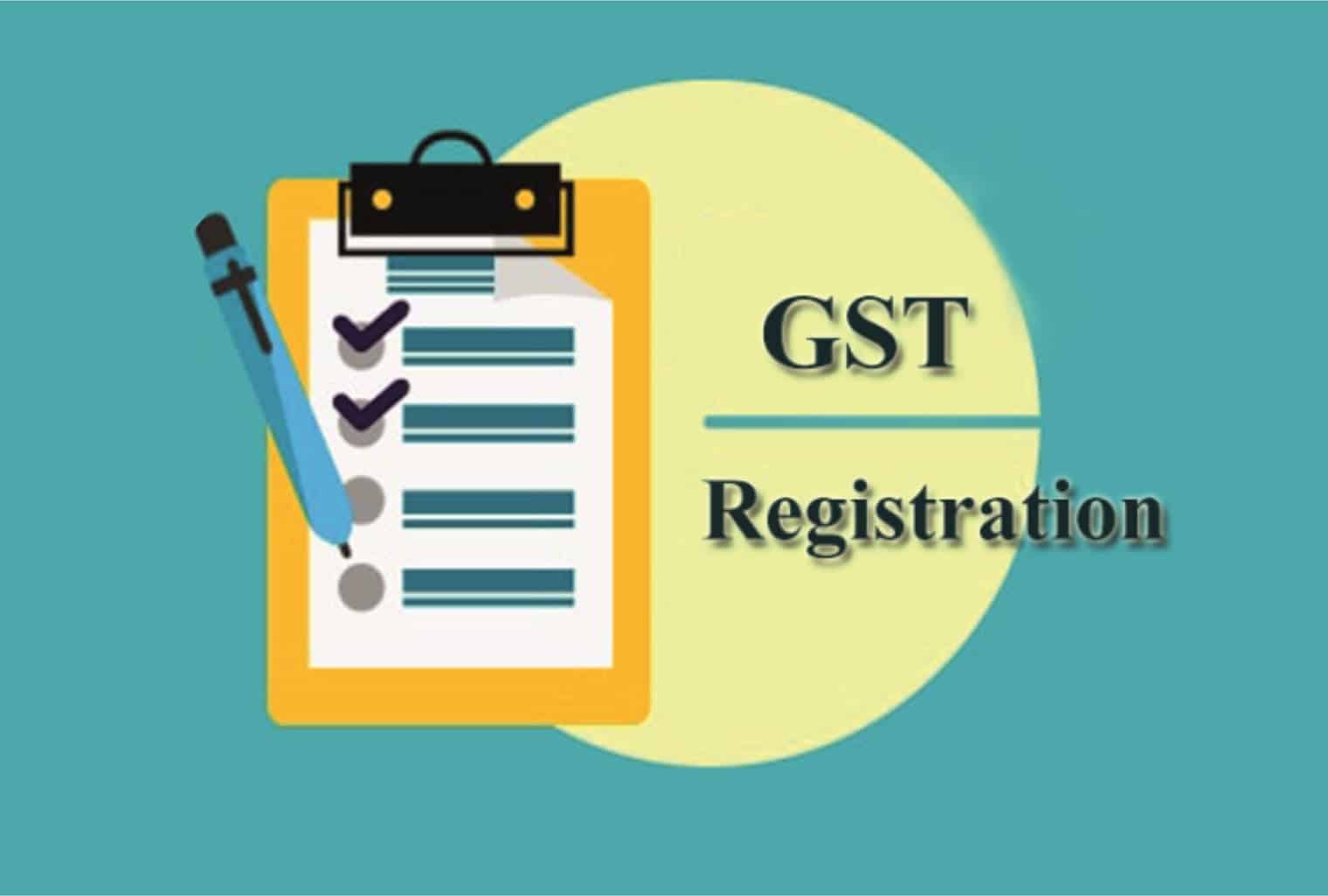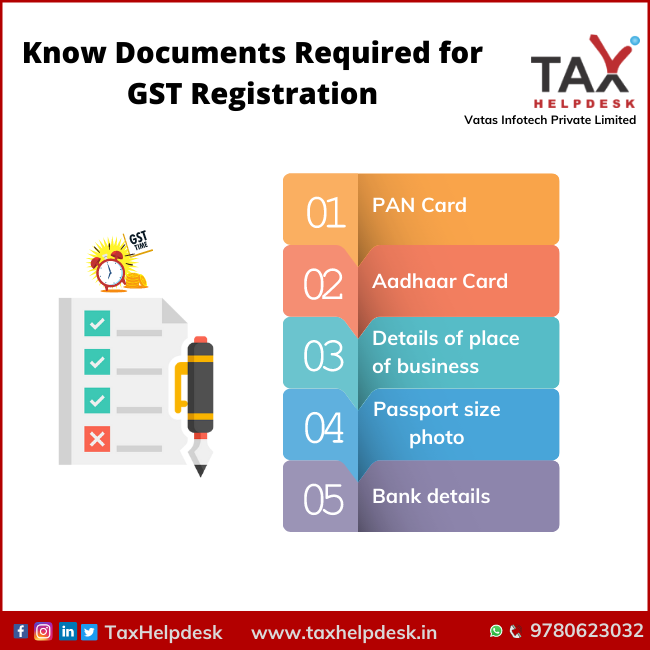How CFO Account & Services Can Streamline Your GST Registration Refine in Singapore
How CFO Account & Services Can Streamline Your GST Registration Refine in Singapore
Blog Article
Navigating the Intricacies of GST Enrollment: A Comprehensive Guide for Entrpreneurs
Browsing the complexities of GST registration can be a difficult task for many local business owner, as it entails a myriad of guidelines, policies, and processes that should be abided by. With the ever-evolving landscape of tax obligation laws, ensuring conformity and understanding the intricacies of GST enrollment is important for the smooth procedure of any organization. From identifying qualification and gathering the essential paperwork to maximizing operations for optimal efficiency, this thorough guide intends to provide service owners with the understanding and devices needed to browse the complexities of GST enrollment efficiently.
Eligibility for GST Enrollment
Company owner have to fulfill certain criteria to identify their qualification for GST registration. In general, organizations with an annual turnover surpassing a certain limit are required to register for Item and Services Tax (GST) This threshold differs by nation, yet it is necessary for entrepreneurs to stay notified regarding the details regulations in their jurisdiction. Furthermore, services entailed in interstate supplies, ecommerce, or the stipulation of particular defined goods and services may likewise be mandated to sign up for GST, no matter their turn over.
Additionally, companies that are signed up under any type of previous tax regimen, such as VAT or solution tax obligation, are typically called for to shift to GST enrollment. By adhering to the necessary requirements, companies can efficiently navigate the intricacies of GST enrollment and run legitimately within the tax obligation framework.
Files Needed for Registration
To complete the GST registration procedure, businesses need to gather and submit a detailed set of records. The crucial papers needed for GST enrollment generally consist of proof of company enrollment or incorporation such as the Certificate of Consolidation, partnership deed, or any type of other enrollment certificate.
In addition, details files associated with the nature of business, such as a listing of products or solutions supplied, HSN codes for goods, and cavity codes for solutions, might be needed - Why choose CFO Account & Services for GST registration in Singapore. It is critical for organizations to make sure that all papers submitted are accurate, current, and in the suggested style to avoid any hold-ups or complications in the GST enrollment process
Refine of GST Enrollment
Having constructed the requisite paperwork, businesses continue to start the GST enrollment procedure by involving with the online site designated for enrollment. This online site is the Goods and Provider Tax Network (GSTN) website, which functions as the key platform for all GST-related tasks in India. Upon accessing the portal, organizations are needed to complete the GST registration type with accurate details concerning their service activities, turnover, and various other appropriate information.
When the kind is completed and sent on the site, the GSTN verifies the information given by the company. The try this applicant may be needed to give additional info or information if any kind of discrepancies are discovered. Complying with successful confirmation, a GST enrollment certification is issued to the company entity. This certification has a distinct Item and Provider Tax Identification Number (GSTIN) that is used for all GST-related purchases.
It is very important for companies to guarantee that the info supplied during the GST registration process is accurate and approximately day to stay clear of any kind of possible concerns or hold-ups in obtaining the GST registration certification.
Understanding GST Compliance

Services require to be conscious of the different GST compliance needs based on their turnover, nature of services or goods, and the states in which they operate. It is important to stay upgraded on any changes in GST regulations and laws to avoid any kind of non-compliance problems.
Non-compliance with GST guidelines can lead to hefty penalties, charges, and even legal consequences. Businesses have to invest time and resources in enlightening themselves and their personnel on GST compliance. Seeking expert support from tax advisors my blog or professionals can likewise aid in browsing the intricacies of GST conformity and ensuring that businesses run within the legal framework.

Tips for Optimizing Organization Workflow
For improved efficiency and efficiency in business operations, critical planning and structured processes are necessary components. One pointer for enhancing business operations is to take advantage of modern technology efficiently.
An additional important element is focusing on tasks based on their value and deadlines. By producing a clear power structure of jobs and setting practical timelines, companies can guarantee that critical tasks are finished on schedule. Furthermore, fostering a culture of open interaction and collaboration among staff member can cause raised effectiveness and innovation.

Conclusion
Finally, navigating the intricacies of GST enrollment needs a clear understanding of qualification standards, necessary files, registration procedures, and conformity needs. By adhering to these standards and optimizing business procedures, company owner can guarantee smooth procedures and compliance with the GST laws. It is crucial for businesses to remain educated and updated on GST policies to avoid any type of fines or lawful issues.
The vital files required for GST registration generally include proof of organization enrollment or consolidation such as the Certification of Consolidation, partnership deed, or any kind of other registration certification.Having assembled the requisite documents, organizations proceed to initiate the GST enrollment process by involving with the on the internet website designated for enrollment. Upon accessing the website, companies are called for to fill up out the GST registration kind with accurate information regarding their organization tasks, turnover, and various other relevant details.
In order to keep adherence to GST laws and prevent fines, companies must focus on understanding GST compliance. By sticking to these guidelines and maximizing company procedures, company proprietors can guarantee smooth procedures and compliance with the GST laws.
Report this page